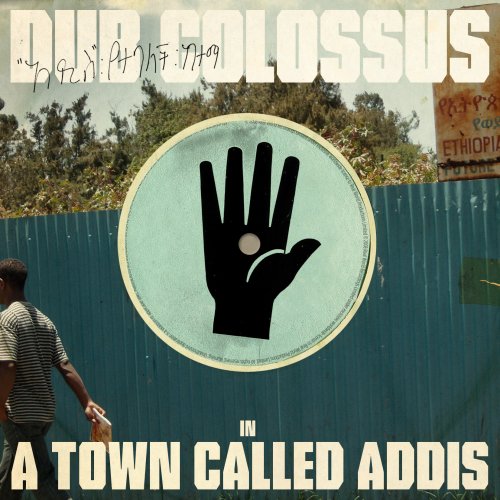
Dub Colossus
In A Town Called Addis
Release Date: Oct 7, 2008
Genre(s): World
Record label: Real World
Music Critic Score
How the Music Critic Score works
Album Review: In A Town Called Addis by Dub Colossus
Great, Based on 3 Critics
Based on rating 4/5
What would Emperor Haile Selassie have made of this? The former Ethiopian leader may be regarded as a deity by Rastafarians but he was never too wild about reggae, let alone dub - the echoing, bass-heavy mixing technique that has its origins in Jamaican recording studios in the 70s. But he was a fan of brass ensembles and jazz, and the final years of his rule, in the 60s and early 70s, were a golden era for Ethiopian music. This intriguing album brings those Jamaican and African styles together, with help from the British producer and multi-instrumentalist Dubulah, aka Nick Page from Temple of Sound.
Based on rating 8/10
When Nick Page) (aka Dubulah, a charter member of the legendary worldbeat ensemble Transglobal Underground), spent a summer in Addis Ababa, he quite unsurprisingly ended up in the studio with a revolving cast of local singers and instrumentalists. The result of that month-long experiment was this utterly entrancing album, a bubbling stew of reggae, dub, Azmari singing, traditional instruments, and rich horn charts (courtesy of the Horns of Negus). At times the musical fusion recalls some of Bill Laswell's work, especially the dark and dreamy arrangements he has written for his Ethiopian wife Gigi, and at other times the music swirls and dances in entirely unique and unexpected ways.
Based on rating 7/10
What do Ethiopia and reggae have in common? In fact, the African nation of Ethiopia has had quite an influence on the development of reggae music. Reggae, native to Jamaica, is closely intertwined with the practice of Rastafarianism. Many of the most notable reggae artists, Bob Marley among them, have been Rastafarians. While the term “Rastafari” often brings to mind a dread-wearing, patois-speaking, spliff-smoking stereotype, there’s more to it than that.

